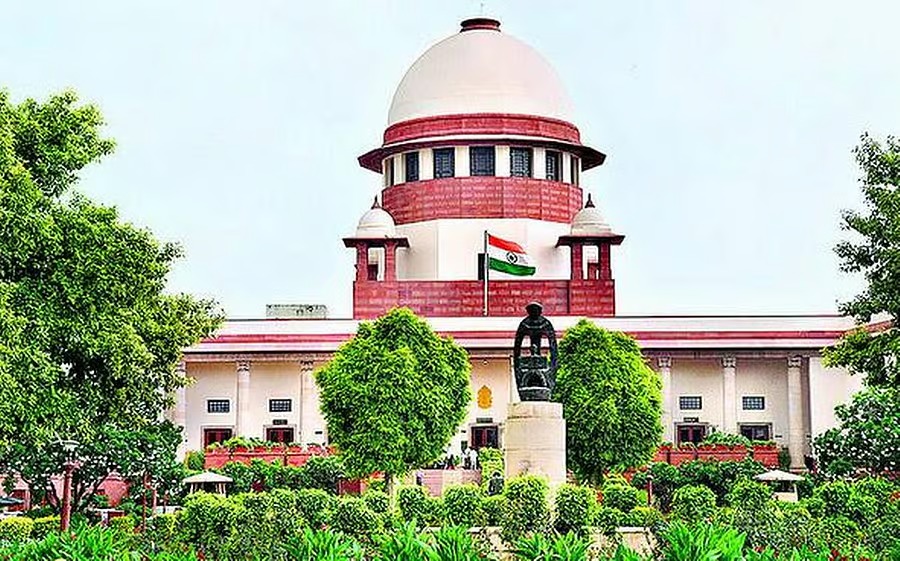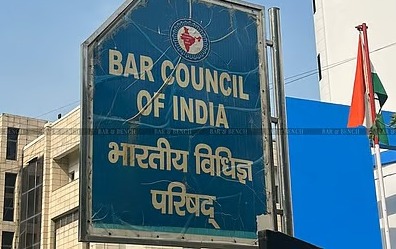Nishita Mhatre, J.@mdashAggrieved by the order of the West Bengal Administrative Tribunal in O.A. No. 1219 of 2011 the petitioner has filed the present petition under Articles 226 & 227 of the Constitution of India. The petitioner applied for the post of Police Constable in the Kolkata Police pursuant to an advertisement issued in the newspaper. He was provisionally selected on 19th March 2010 and was then directed to appear for the medical test before the Chief Medical Officer. He passed the medical examination successfully on 25th March 2010. Thereafter on 30th March 2010 the petitioner submitted the Verification Roll in the office of the Superintendent of Police, Burdwan. However, the petitioner did not receive any intimation from the authorities indicating that he was selected for the post. He, therefore, submitted a representation on 10th May 2010 to the Superintendent of Police, Burdwan calling upon him to issue an appointment letter in his favour. Similar representations were made by the petitioner to various other authorities. However, there was no response to these representations. The petitioner filed O.A. No. 1219 of 2011. That application was dismissed by the Chairman of the West Bengal Administrative Tribunal sitting singly. The petitioner then filed W.P.S.T. No. 122 of 2012 challenging the order of the Tribunal. That petition was disposed of by us on 27th April 2012 by remanding the Original Application to the Tribunal for hearing it afresh as the members of the West Bengal Administrative Tribunal have no jurisdiction to decide matters sitting singly.
2. The Tribunal has thereafter heard the matter afresh on 11th December 2012 and dismissed the application. The Tribunal found that the petitioner was not suitable for being appointed as a constable in the Kolkata Police by referring various judgments of the Supreme Court.
3. From the material on record it is evident that the petitioner''s case for appointment has not been considered because in the verification roll he had stated that a criminal case was pending against him. The petitioner had disclosed that a charge-sheet had been filed against him in P.S. Case No. 35 of 2009 on 28th March 2009 under Sections 147, 148, 149, 323, 325 & 34 of the Indian Penal Code. He had also mentioned that this case had been registered against him due to the political vendetta and he was released on bail.
4. Mr. Chakraborty, the learned Counsel appearing for the petitioner submitted that the petitioner had disclosed the fact that he was involved in criminal proceedings and was out on bail. He pointed out that the criminal cases arose because of political vendetta. He urged, therefore, that the disclosure of these facts should not act as an impediment in appointing the petitioner as a constable. The learned Counsel placed reliance on our judgment in the case of Alok Sarkar vs. State of West Bengal and Anr., W.P.S.T. No. 5 of 2012 decided on 1st March 2012.
5. In the case of Alok Sarkar,(supra) the Division Bench of this Court (to which one of us, Mhatre J., was a party) considered whether a person who was charged with having committed theft of bananas and bamboos could be recruited to the post of Sweeper in the Police Department. After considering various judgments of the Supreme Court, which we will presently advert to, the Court was of the view that considering the nature of the offence and the post to which the candidate wanted to be appointed it was a fit case where the judgment of the Supreme Court in the case of
6. In the case of Commissioner of Police & Ors. vs. Sandeep Kumar (supra) the Supreme Court considered a case of a person who had been selected for the post of temporary Head Constable. He had not disclosed in his application form that he was prosecuted for having allegedly committed offences u/s. 325 r.w. 34 of the IPC. The case had been compromised and he had been acquitted. The candidate disclosed these facts for the first time in the attestation form. A show cause notice was issued by the authorities calling up him to explain why his candidature for the post should not be cancelled because he had concealed the fact of his involvement in a criminal case. The Supreme Court opined that reformatory approach should be adopted and indiscretions of youth should be condoned. The Court held that the offences complained against the candidate were not so serious and, therefore, a lenient view should be taken in the matter. The appeal filed by the Commissioner of Police was dismissed and held that cancellation of his candidature was illegal.
7. In the case of
5. We have heard the learned counsel for the parties and we fail to appreciate how when a criminal case under Sections 148/323/380/427/596 IPC, against the respondent was pending in the Court of the Additional Chief Judicial Magistrate, Uluberia, Howrah, any mandamus could have been issued by the High Court to the authorities to appoint the respondent as a constable. Surely, the authorities entrusted with the responsibility of appointing constables were under duty to verify the antecedents of a candidate to find out whether he is suitable for the post of constable and so long as the candidate has not been acquitted in the criminal case of the charges under Sections 148/323/380/427/596 IPC, he cannot possibly be held to be suitable for appointment to the post of constable.
8. In the case of
9. Though in our judgment in the case of Alok Sarkar (supra) we have taken the view that the candidate ought to be appointed after following the judgment in the case of Commissioner of Police & Ors. vs. Sandeep Kumar (supra) we do not find that the facts in the present case are similar. In that case the candidate had been acquitted of the charges levelled against him. The lapse on his part was that he had not disclosed the fact that he had been prosecuted and later acquitted in his application form, but only in the attestation form. The petitioner here has yet to undergo the trial. In fact, the facts in the case of State of West Bengal and Others vs. SK. Nazrul Islam (supra) are similar to the facts in the present case. We do not therefore think it appropriate to grant any relief to the Petitioner.
10. We not inclined to accept the submission of Mr. Chakraborty that the petitioner ought to be granted employment till the decision in the criminal case. He has submitted that the appointment could be temporarily in nature and in case the petitioner is convicted in the criminal case pending against him, he could be removed from service. Therefore, according to Mr. Chakraborty a conditional appointment letter may be issued to the petitioner. We are not convinced that this procedure can be or should be adopted.
11. Mr. Chakraborty then urged that we should grant the same relief as has been granted in the case of Alok Sarkar (supra). The candidate in that case had applied to be appointed as a sweeper whereas the present petitioner had applied to be appointed as a constable with the Kolkata Police. Moreover, the high degree of integrity required for being appointed as a constable is not the same as expected of a sweeper. Allegations of theft of bananas and bamboos against Alok Sarkar cannot be equated with the allegations against the Petitioner herein.
12. Column 13 in the verification roll which was required to be filled in by the petitioner discloses that the petitioner had mentioned that the allegations against him was as a result of political vendetta or participation in political activities. Mr. Chakraborty has relied on the notification issued by the Government of West Bengal, Home Department on 4th August 1977 in which it has been stated that a candidate should not be refused appointment with the State Government or an undertaking or organization of the State Government only on the ground that he was or is a member or was associated or connected with the activities of any political group or organisation prior to his appointment. Mr. Chakraborty submits that since the petitioner has stated that he had been framed because of his political activities, he ought not to be denied appointment.
13. It is yet to be decided by a competent court as to whether, in fact, the charges had been levelled against the petitioner because he dabbled in politics or due to political vendetta. It is only when the petitioner is acquitted of those charges can such a submission be made on his behalf that he should not be denied appointment because he had been charged due to political rivalry or participation in political activities. This submission in our opinion is premature.
14. Mr. Chakraborty has then relied on the judgments of the Supreme Court in the case of
15. The petition is dismissed. Urgent certified photocopies of this order, if applied for, be given to the learned advocates for the parties upon compliance of all formalities.

